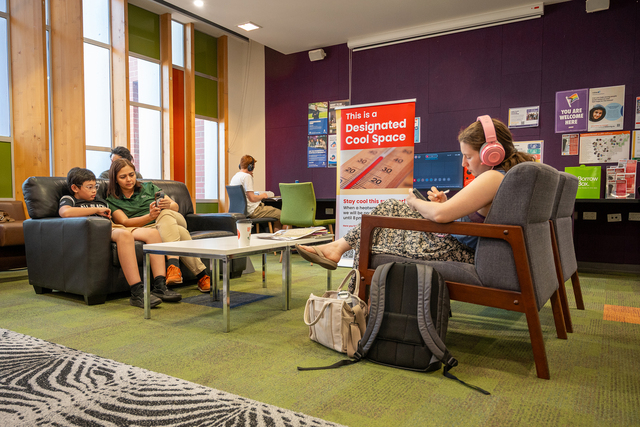A strategy to reduce the amount of waste generated in the Moreland community, and the costs associated with it, is proving highly successful. To bring together three different waste management systems following amalgamation, Moreland established a waste management reference group chaired by Rosemary Kerr. It has nine community representatives.
“The results have been outstanding, with a 25 percent reduction in waste already,” Rosemary Kerr said. “The community representatives have made significant contributions, providing considerable expertise and insight into ways of reducing waste.”
Major contributions to the reduction have been made by smaller 80 litre household bins, or kerbside green waste collection service and a performance based recycling contract. Ongoing reduction strategies, including providing a 50 litre bin, are planned. However, the strategy is not just about reducing the waste produced by households but aims to cover all sectors in the community.
Builders, for example, are encouraged to separate and recycle demolition and other materials, while the contractor who collects hard waste for Council is required to recycle at least 20 percent of material collected.
Commercial and industrial premises are also being targeted with surveys, audits and advice. A public place program is also encouraging recycling outside households and a litter strategy is in place.
People living in rental properties are not ignored. A study is being conducted by the Moreland based Centre for Education and Research in Environmental Strategy (CERES) and Monash University to audit the waste practices of this group and how they might be encouraged to recycle.
Another innovative program is ‘Footprints’. This is a program that provides a range of resources on waste management, used as the basis of a study project for Year 11 students.
“I believe this is where it all starts, when people form patterns for lifelong behaviour,” Councillor Rosemary Kerr said. “Students involved take ideas and practices home to their parents.
“We have achieved a lot in a short time but will need to continue the public education campaign to reinforce the message.”
















